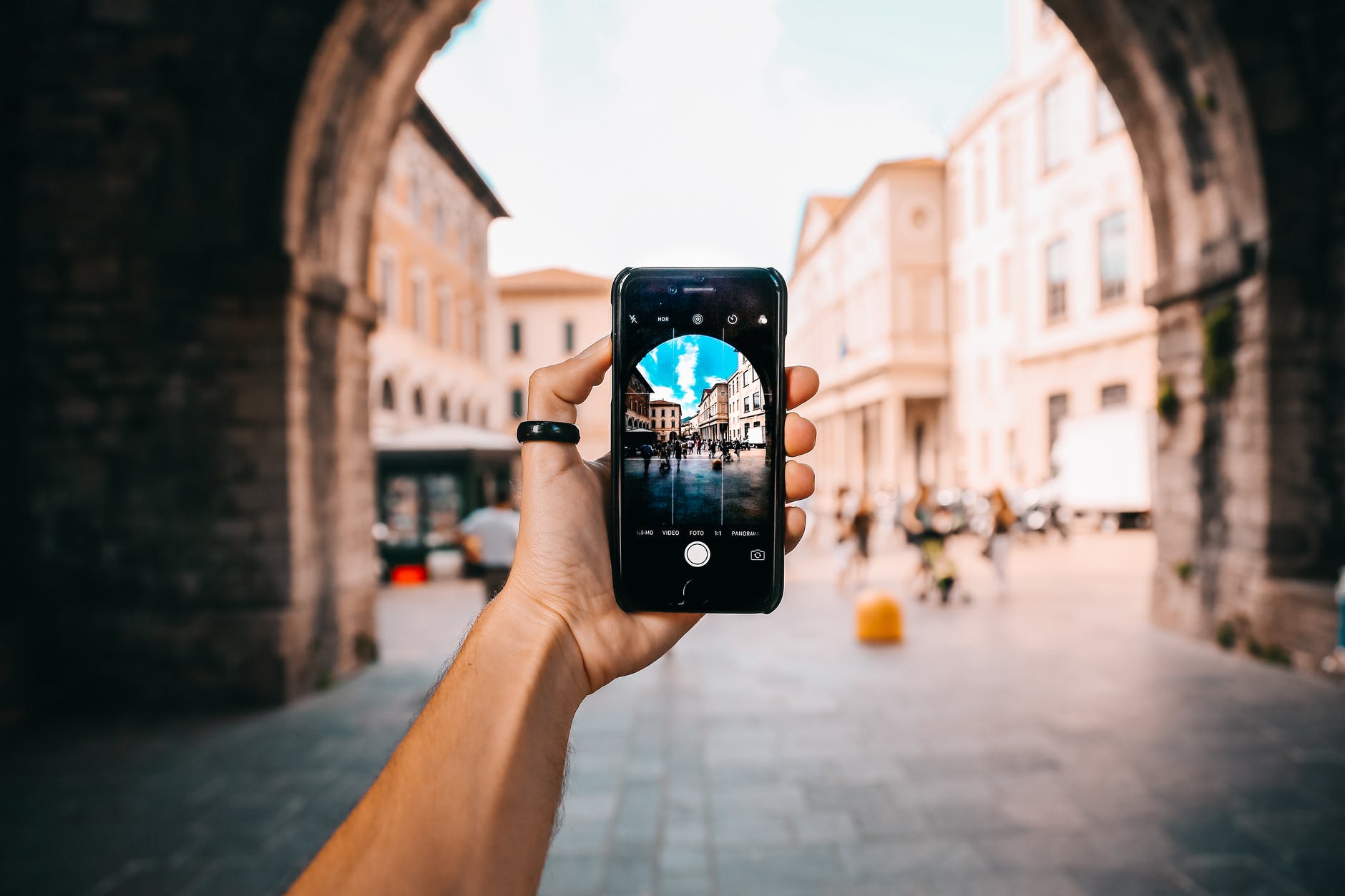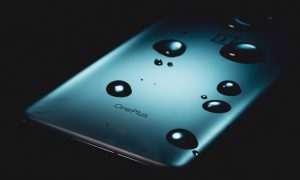When shopping around for a smartphone you would put to personal use, you could be particularly concerned with the resolution of the selfies the device can capture and whether it has enough storage for videos of the family. However, if you want to buy a new business handset instead, your must-haves could differ markedly from these.
You could, for example, be eager that your phone’s battery can stay the course between charges and provides access to a wide range of productivity apps, such as Microsoft’s Office suite. However, given that a smartphone can be a hefty investment, you should be careful to buy one that can stay relevant for a while.
What is the Best Business Smartphone?
You might think you would be able to discern this simply by doing a quick Google search – and, indeed, doing exactly that does bring up an interesting article from TechRadar, titled “Best business smartphones 2021: the top handsets for work and productivity”.
The tech news site’s verdict is that, of the “best phones for work on the market today”, the Samsung Galaxy Note 20 Ultra is the worthiest of businesspeople’s consideration. That might not come as a huge surprise, given that Samsung’s Note line has long been designed with corporate concerns in mind.
In one device, you can get a high-performing chipset, 108-megapixel main camera and brilliantly crisp and clear display when you opt for the Note 20 Ultra. One major drawback, however, is that it’s super-expensive even by the standards of many flagship phones. Even if you’ve got particularly deep pockets, there are other, more future-proof options for a working smartphone.
What Exactly Makes a Smartphone “Future-Proof”?
It’s not too hard to find a range of criteria a smartphone could meet in order to be deemed future-proof. It’s not just about being equipped with tech that you could keep enjoyably using for years to come, though that is certainly one factor. It’s also about the phone remaining secure to use for the same kind of time.
The quality of your smartphone’s security is one factor you can’t afford to overlook as a businessperson. For this reason, you should seriously consider choosing a handset for which a long run of software updates – including security updates – would be available.
Sadly, relatively few phones fall into this category – though two smartphone lines would be Google’s Pixel series and, of course, Apple’s iPhone. If you are on a budget, the Pixel 5 and second-generation iPhone SE are two mid-range options each set to receive such updates for years from now.
However, if you can splash out a little more, the iPhone 12 line is compatible with ‘C-Band’ 5G networks, as PC Mag points out. The iPhone 12 Pro also comes with a LiDAR scanner for augmented reality applications, as Macworld notes. With 5G likely to be the bigger deciding factor for now, though, you should source your company’s unified communications solution from a telecoms firm preparing to roll out a 5G network for its business clients to use.

































































